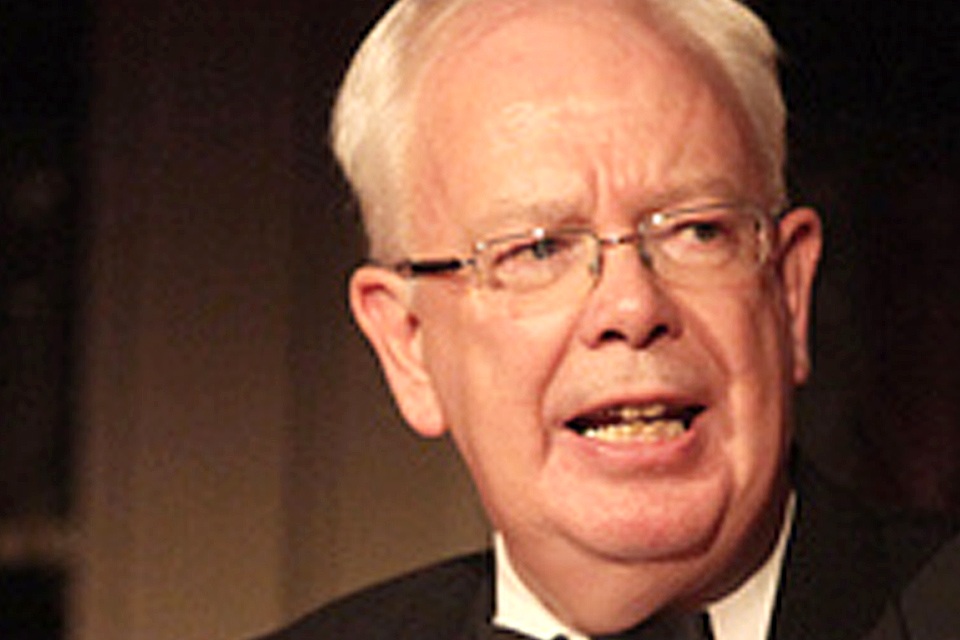Separate Scotland would have to negotiate EU membership
How devolution would affect Scotland's membership of the European Union.

An independent Scotland would have to apply to join the European Union and negotiate accession terms as a separate state, the Advocate General for Scotland Lord Wallace QC will tell a legal conference in Edinburgh tomorrow (Tuesday 2 October).
As the UK Government’s Law Officer for Scotland, Lord Wallace will say that international legal precedent points to the UK being regarded as the continuing state bound by the obligations of the 14,000 international treaties the UK is party to. Lord Wallace will cite the examples of Russia, India and Sudan where they were recognised as the ‘continuing states’ after the break up of the Soviet Union and the creation of Pakistan and South Sudan respectively.
The Advocate General will also call on the Scottish Government to provide a reasoned argument to back up their assertion that Scotland would remain a member of the EU on the same terms and conditions as the UK. He will say that the Ministerial Code does not prevent the Scottish Government from setting out in detail its understanding of the law on an important issue such as this. Speech extracts from the lecture the Advocate General for Scotland Lord Wallace of Tankerness QC will give at the Annual Lecture of the Edinburgh Centre for Constitutional Law:
The European project is a legal construct. The European Union constitutes a new legal order and when we consider Scotland’s place within that order we have to consider it as a matter of international and EU law. It will simply not do to say that we can put the law aside in considering the future of the European Union. The institutions of European Union arose from the ashes of a continent which had been shattered by the actions of governments who held the Rule of Law in contempt, who regarded ‘rights’ and ‘justice’ as affectations. So it not surprising that law is at the core of the European project. Of course there is a political aspect to that question of Scotland and the UK’s role in that project, but we must first ask ourselves with as much objectivity as we can manage whether, in legal terms, an independent Scotland would be a member of the European Union.
We are told, by the Scottish Government that if Scotland left the UK it would continue as a member of the European Union. I think the time has come in this debate where we need to move away from mere assertion and look in more detail at the issue, having regard to both international and EU law, and to international legal precedent. The Scottish Government is not precluded by any code from setting out in detail its understanding of the law on an important issue such as this.